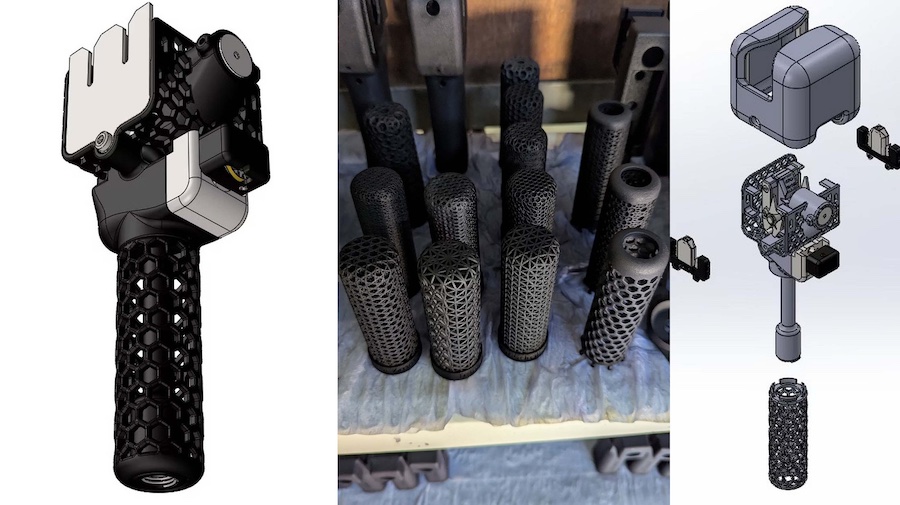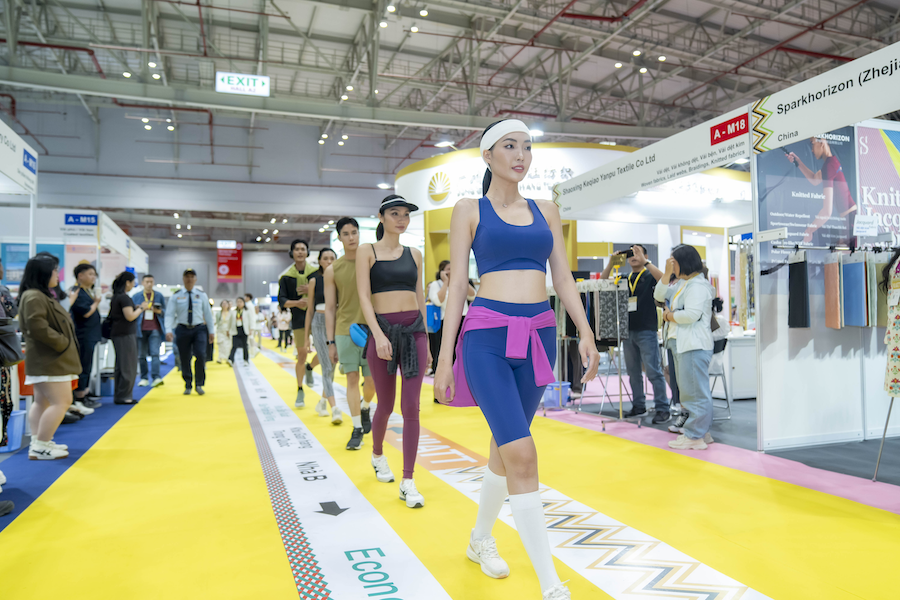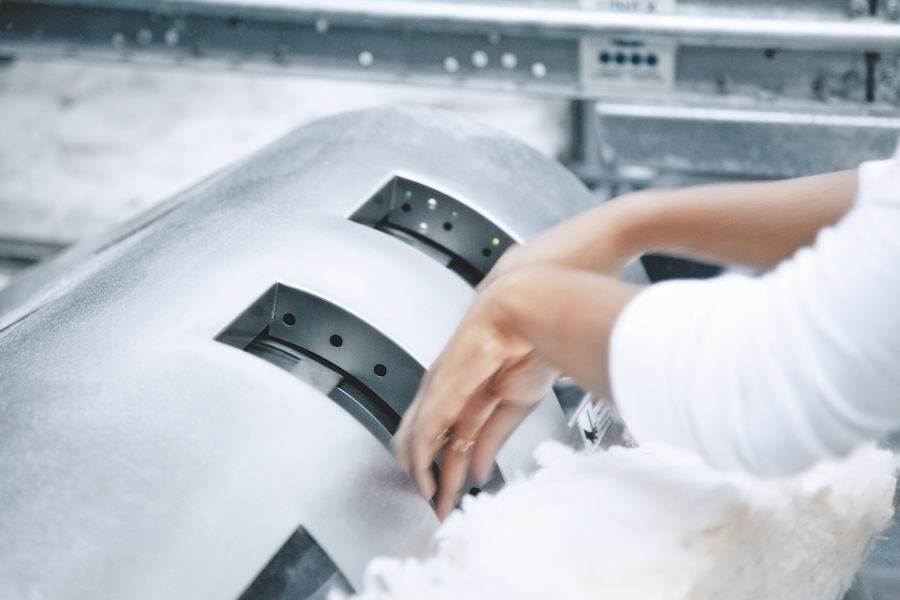#Associations
US-tariffs are disrupting the global textile and apparel value chains resulting in higher prices in the U.S.
Mr. K. V. Srinivasan, President of the International Textile Manufacturers Federation (ITMF, www.itmf.org), emphasized that "these substantial tariff hikes will have a major impact on textile imports, particularly apparel, into the U.S."
Currently, approximately 95% of apparel sold in the U.S. is imported, with the majority sourced from China (about 30%), Vietnam (13%), India (8%), Bangladesh (6%), and Indonesia (5.5%). To put this into perspective, these countries, which previously faced tariffs of 11-12%, will now see rates surge to 38-65%. In response, U.S. apparel importers are seeking alternative sourcing options in countries with lower tariffs. However, many of these alternatives have higher production costs and often lack the required product ranges or production capacities.
Reshoring apparel manufacturing to the U.S. would also pose significant challenges. Labor costs are substantially higher, and many essential textiles for apparel production would still need to be imported—now at increased costs. Additionally, the U.S. faces a shortage of skilled workers in the apparel sector. Whether through higher tariffs on imports or costly domestic production, the outcome will be increased apparel prices, ultimately contributing to higher inflation.
Mr. Srinivasan further stated: "The trade policy pursued by the U.S. administration will disrupt textile and apparel supply chains, increasing uncertainty, and driving up prices. Rather than implementing unilateral tariff hikes across all product categories, it would be far more beneficial for the global textile and apparel industry if governments engaged in negotiations and collaborative policymaking."












